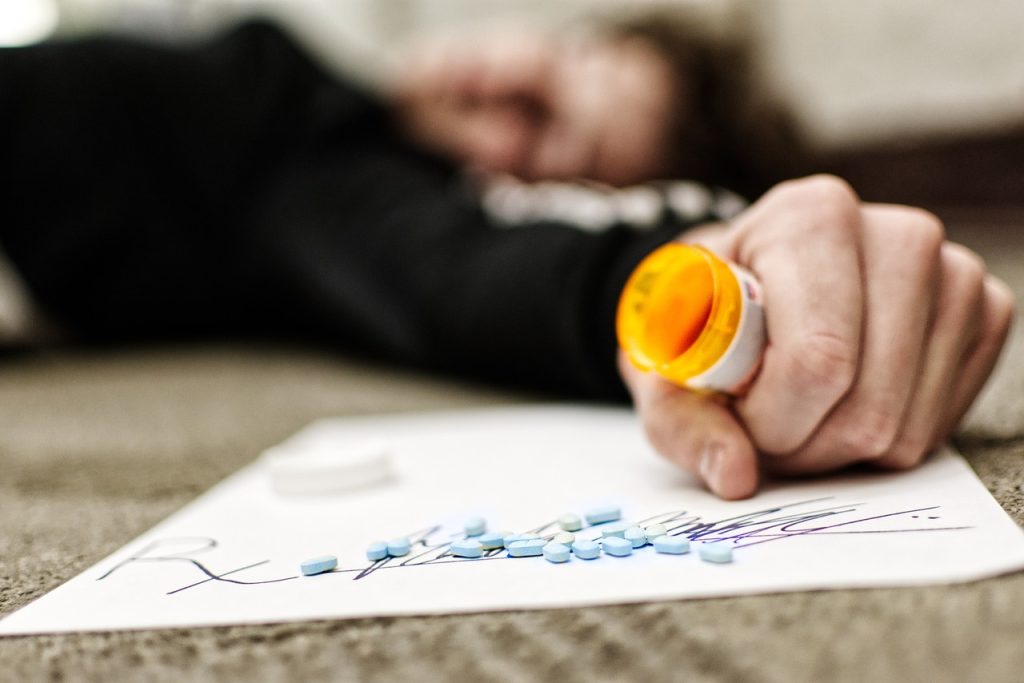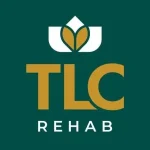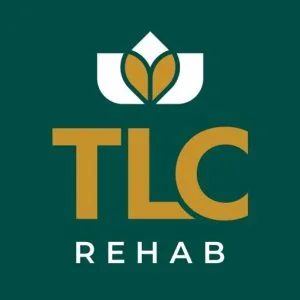
Exploring the Link Between Self-Medication, Addiction, and Mental Health
Discover how self-medication can lead to addiction and affect mental health. Familiarise yourself with the causes, symptoms, and holistic treatment approaches at TLC Rehab to guide recovery and reintegration.
This article is dedicated to providing valuable insights for both those facing addiction and their loved ones. We understand the complexities of addiction, and we aim to offer clarity and support for family members and friends, guiding them to be actively involved in the healing process. We want to empower you with information, encouragement, and practical advice for recovery.
Understanding the Connection Between Self-Medication, Addiction, and Mental Health
The rise of self-medication as a coping mechanism highlights a critical intersection between mental health challenges and addiction. At The London Centre (TLC Rehab), we understand this relationship and offer the compassionate, specialised care needed to guide individuals through recovery and reintegration. Below, we break down what self-medication entails, its effects, the causes, symptoms, and the treatments available at TLC Rehab.
What Is Self-Medication?
Self-medication is the practice of using substances without medical supervision to manage mental health symptoms. Often, people self-medicate to relieve stress, anxiety, depression, or other difficult emotions. While initially providing temporary relief, self-medication can quickly spiral into dependency, creating a destructive cycle that worsens the underlying issues. According to research from the American Addiction Centres, self-medication frequently contributes to substance use disorders, leading to both physical and psychological dependence.
How Self-Medication Leads to Addiction
The Vicious Cycle of Self-Medication
The cycle of self-medication starts when someone uses substances to alleviate mental health symptoms, often experiencing temporary relief. However, as tolerance builds, they may require larger amounts or stronger substances to achieve the same effect. Over time, the brain’s chemistry adjusts, reducing the body’s natural ability to cope with stress and emotions without external substances. What began as self-soothing becomes a reliance that can quickly evolve into addiction.
The Impact of Addiction on Mental Health
As dependence on substances grows, mental health deteriorates. Self-medication not only fails to address the root issues but often exacerbates them. Prolonged substance use can worsen mental health conditions, increase the risk of suicide, impair cognitive function, and diminish overall well-being. Addiction can also negatively impact relationships, careers, and finances, contributing to isolation, chronic stress, and further substance abuse.
Recognising the Symptoms of Self-Medication and Addiction
Being aware of the signs of self-medication and addiction is crucial for early intervention. Common symptoms include:
- Increased Substance Use: Regularly using drugs or alcohol to cope with stress, depression, or anxiety.
- Heightened Tolerance: Needing more of a substance to achieve the same effect, indicating dependency.
- Social Withdrawal: Avoiding family, friends, or activities once enjoyed.
- Neglecting Responsibilities: Missing work, neglecting obligations, or experiencing a decline in performance due to substance use.
- Mood Instability: Sudden mood swings, irritability, or anger when unable to access substances.
Red Flag Alert: Doctor Shopping
Doctor shopping—visiting multiple doctors to obtain overlapping prescriptions for the same medication—is a significant warning sign of addiction. This behaviour often stems from the fear of running out of a drug, leading individuals to go to great lengths to ensure a steady supply. Doctor shopping poses significant health risks, including potential drug interactions and overdose, and signals a deeper dependency that must be addressed.
Causes of Self-Medication and Addiction
The causes of self-medication are multifaceted but typically include:
Mental Health Conditions
Anxiety, depression, PTSD, and other mental health disorders are common triggers for self-medication. Without proper support or effective coping mechanisms, individuals may turn to substances as a means of relief.
Trauma and Emotional Pain
Many people who self-medicate are coping with past trauma, such as abuse, loss, or significant emotional pain. While substances may offer temporary relief, they fail to provide healing.
Environmental and Social Influences
Stress from personal relationships, work pressures, or social environments can also drive individuals to self-medicate. Social circles that normalise substance use can further encourage these behaviours.
Treatment Approaches at TLC Rehab
At TLC Rehab, we offer a comprehensive, evidence-based approach to treating self-medication, addiction, and mental health issues. Our treatments focus on healing the body, mind, and spirit, ensuring a holistic recovery process.
Our ABC’s Model: Simple, Effective Recovery
At TLC Rehab, we’ve developed a unique three-step approach to treatment:
- A – Abstain: The first step is to abstain from substances and begin the recovery process.
- B – Believe: Encouraging belief in oneself and the recovery process is essential for long-term success.
- C – Change: Change is a core principle, helping clients adopt healthier behaviours and coping mechanisms.
Sustain: Our unique approach has yielded immense success by focusing on practical, sustainable recovery.
Personalised Detoxification and Medical Support
Detoxification is often the first step in recovery, and at TLC Rehab, we provide medically supervised detox to ensure safety and comfort during the process. Our detox programs are carefully tailored to the individual’s needs, allowing for safe withdrawal while managing physical and emotional symptoms.
Therapy for Underlying Mental Health Issues
Recovery at TLC Rehab addresses not only addiction but also the underlying mental health challenges that often drive self-medication. Through cognitive behavioural therapy (CBT), dialectical behaviour therapy (DBT), and trauma-informed therapy, clients can confront and process these challenges. Our group therapy, family counselling, and one-on-one sessions help individuals build healthier coping mechanisms and relationships.
Holistic Healing Practices: Mindfulness and Beyond
We incorporate holistic practices such as yoga, meditation, art therapy, and nutritional counselling to treat the whole person. These methods promote self-awareness, reduce stress, and enhance overall well-being, helping individuals reconnect with their physical and emotional health.
Reintegration and Ongoing Support: A New Beginning
At TLC Rehab, recovery doesn’t end with treatment. Our aftercare programs ensure long-term success by providing continued support during reintegration into daily life. We equip individuals with the tools, coping strategies, and confidence they need to rebuild their lives, relationships, and careers.
Success Stories: Real People, Real Recovery
Throughout our program, we’ve helped numerous individuals overcome addiction and mental health challenges. Take a look at our success stories to see how TLC Rehab’s approach has made a lasting impact on the lives of many. [Link to case studies or success stories]
Take Action Today: Recovery is Within Reach
Self-medication may offer temporary relief, but it ultimately leads to a cycle of dependency that harms both mental and physical health. Recognising the signs of self-medication and understanding its connection to addiction is critical for both individuals and their loved ones. TLC Rehab offers compassionate, comprehensive treatment, guiding each person through the recovery process with dedication, expertise, and holistic care.
With the right support, healing and reintegration are possible, and a healthier, addiction-free life can be achieved.
📞 Contact us today and take the first step toward recovery:
📍 81 Torrington Park, London N12 9PN
📞 020 3098 7007
✉ info@tlcrehab.co.uk
🌐 tlcrehab.co.uk

